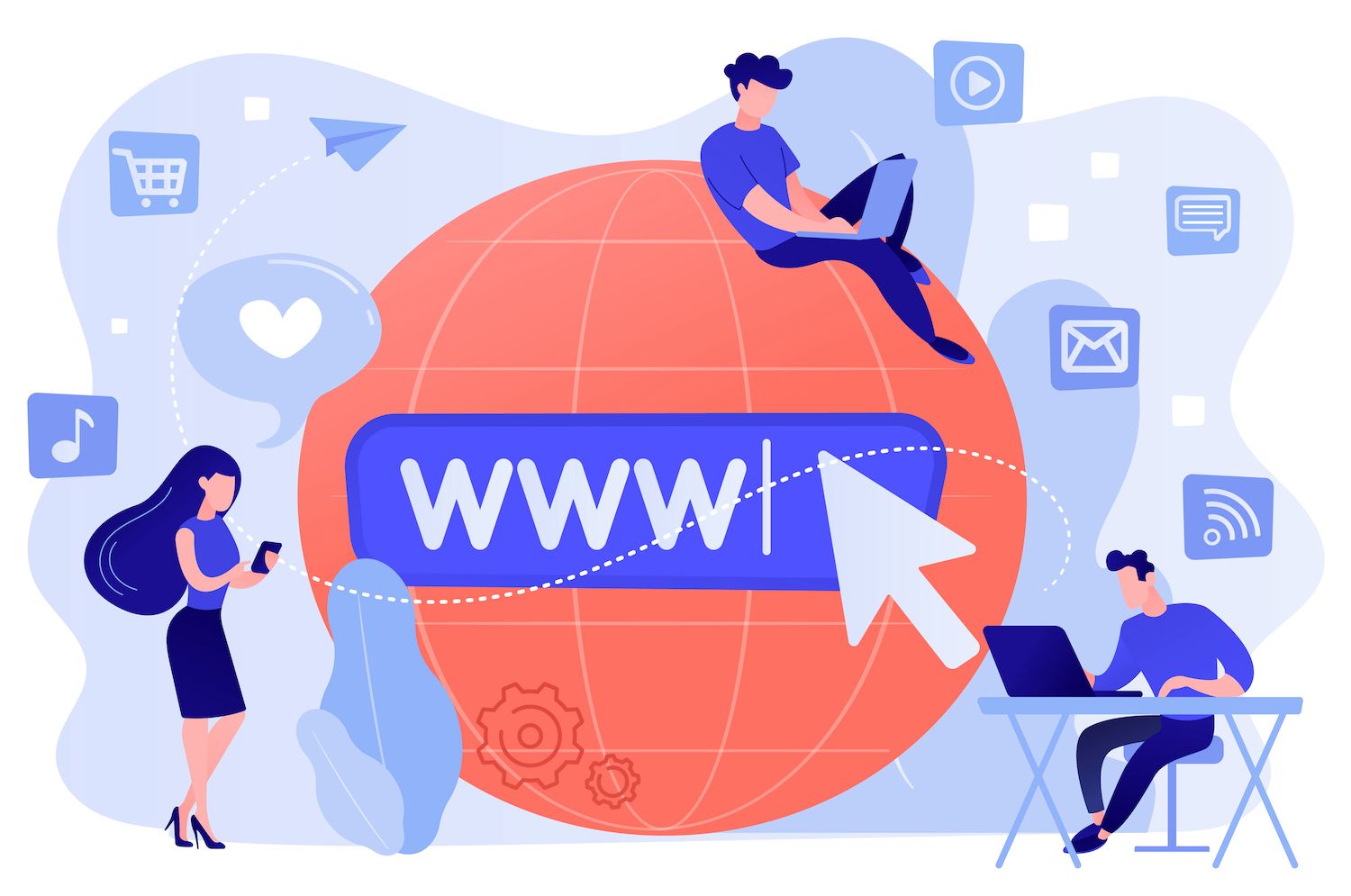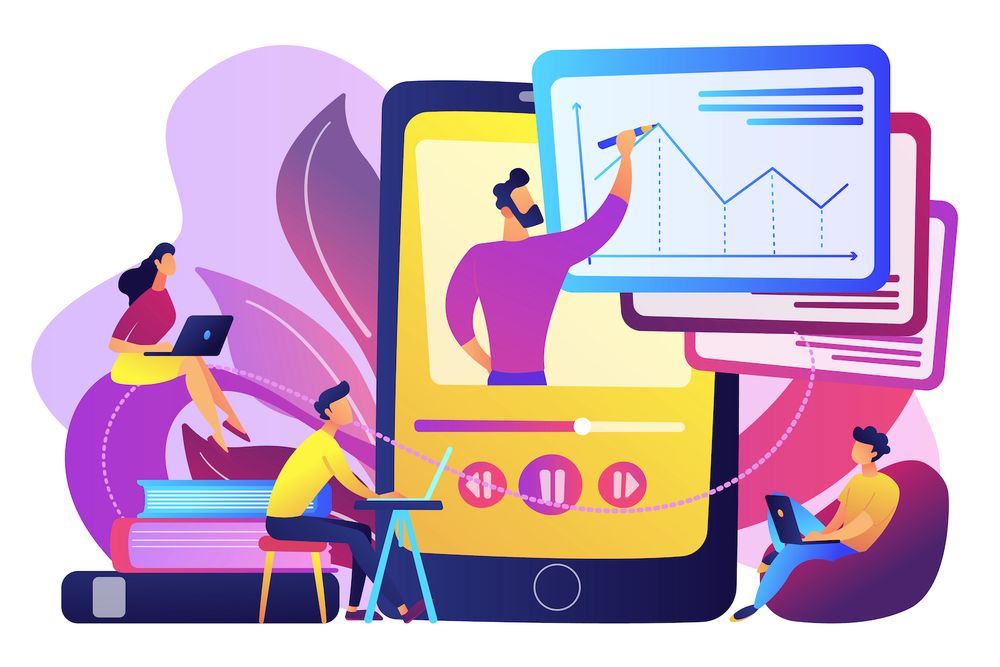Terms

When new technology is released in the world It's tempting to jump deep into this new technology and incorporate it into all aspects of your business.
In this age of artificial intelligence (AI) it is possible to consider incorporating chatbots and large language models (LLMs) within your customer service offerings. But here at we've observed that there's a delicate balance to be found, says Lauren Gilbert, Eyal Avital and Mau Fournier of the Customer Happiness team.
Particularly in the world of customer service, AI can be beneficial however it must be used only in conjunction with a true, human, customer service professional. "Many people want to delegate 100% of customer support duties to the latest AI tools, but there will be instances which require human interaction. The idea of delegating all tasks to AI is likely to leave a lot of your customers more frustrated than they were before they wrote in," starts Mau.
Let's take a look at what, and when you can mindfully include AI into the customer service offerings you offer.
Important qualities needed for a successful customer service team
What does the ideal customer service appear as? What can best be done to assist customers of a business?
"We attempt to live the five qualities of the PREACH model in order to keep an approach that is customer-centric," starts Eyal Avital. "We aim to be Proud, Responsible, Empathetic, Articulate, Concise and Human.
Everyone agrees that empathy may be the most important of these. "Put yourself in the customers position and demonstrate empathy for their circumstances. Let them know that the importance of their business is to those who run the business who help to manage it." Lauren says. Lauren.
"Empathy is often a neglected skill," says Mau. "You must show empathy in order to understand the client's problem, and you need to display empathy in your response to make the customer feel understood, which also helps reduce their defensiveness if they're unhappy."
In addition, customers need help from someone who knows enough about the software to be able offer all of the information needed - and the ability to articulate the product. "When it comes to the platform you rely upon to manage your business, getting help quickly from someone who knows the platform inside and out and is able to explain the best way to resolve a challenge in a manner that's simple to grasp and take action on, is essential," thinks Lauren.
Customer service isn't just an exercise in box-checking: real assistance is crucial. "Don't just answer their superficial question -- try to find out what's behind the question; what they're trying to accomplish," thinks Mau. "Help them to resolve the main question, and then check back later to make sure they got it done. People will leave the interaction happy if they feel that those in the other room really wants to figure out ways to aid them," he adds.
Don't forget to consider timeliness and clarity when you interact. "You must provide quick assistance, communicating clearly and concisely," starts Lauren. Eyal states: "You must be timely with your responses to clients. It's possible to provide an A+ rating, but if it's too late in the member's mind they'll be dissatisfied and view it negatively."
The areas where AI isn't quite enough
There is no doubt that AI can be helpful in the case of businesses and entrepreneurs who have a lot to do, but it's not always the most effective option. We believe there are a few aspects of excellent customer service that AI can simply not recreate.
Personalisation
From our observations so far, AI is missing the point of creating solutions that fulfill the needs of customers. We've come across numerous instances of assist desk software that asks customers to respond to a lengthy series of questions before getting an answer from an algorithm. In essence it is true that an automated solution will only be able to solve a small amount of problems because there isn't a 'one solution that fits everyone.
"AI will certainly show competence and provide responses to queries - and generally, it is better at this than humans however its knowledge may not be as up-to-date and knowledgeable of your particular area of expertise as humans might be," says Mau. "It could be beneficial when it comes to simple, quick conversations however it will not take on the responsibility of helping and won't be able to follow-up as a human would but, at the least not right now."
Longevity
While LLM (AI) applications have improved their tone when talking to clients, there's still a long method to improve. "LLM apps can stick to an appropriate tone of voice, but that's far from genuine humanity and empathy that comes from real people. The human capacity for compassion and the ability to connect the resolution of an experience can't be replicated," says Mau.
In the same way, AI is all about the immediate. "LLMs are prone to having a limited attention span that's integrated into the system," he adds. "They will not remember that conversations you had last year concerning the challenges your customers face, or how your content serves them in the future, or perhaps even that they love going on fishing excursions with their families. Incorporating these information in new conversations can give your clients the impression that you really care."
AI is a great tool to help
However, this doesn't mean that AI cannot be beneficial for customer support. There's certainly clear opportunities to automate the process, just like any other new technological innovation However, it is crucial to know how to innovate, when.
"We need to put AI to work on regular tasks that can be automated, but leaving the option of a human alternative for people with specific requests," starts Mau. " LLMs provide a great first draft for replies, however, the most effective result will always come from personal editing on the draft. Include your voice in the conversation."
"What used to be the FAQ section of a site can now be handled with bots or AI to solve simple questions quickly and 24/7. Anything outside of single-click solutions or ones-click options should then be redirected to support from a human," Eyal adds. "Otherwise, customers might be quick to lose patience. It's similar to the old times of being stuck in a loop pressing numbers in order to reach the correct department via telephone support."
Integration with AI is a gradual process. "There's an improvement (crawl-walk-run) for integrating bots or LLMs," starts Eyal. "New firms should be able to devote an increased amount of time for their communities by providing hands-on assistance. Once they are more popular, they may be able to delegate their recurring concerns for LLM."
"AI will help you grow in your career, as more members can raise inquiries," says Mau. "Many of these will be basic questions which AI can take off of your to-do list, so that you can focus on the more nuanced problems."
"You can get away with relying on AI as you begin your journey however I'd advise against that. I'd suggest the use of more manual assistance when beginning out. The questions you receive in the early phases of your career an abundance of information that you can use to learn about your target customers and the ways you can improve things for them."
Conclusion
It appears that the "people-first" approach we're taking at is working well, combining the expertise of a plethora of experts and the compassion only human can bring. Eyal says the way we work helps to humanize Memberul as a brand "a combination of compassion as well as sharing resources and adding some fun through Emojis and GIFs" Keep things fun and useful.
Mau gives some comments from a client who said that it was great to speak "to an actual person who had such a genuine approach to helping" as well as someone who could give them a personalized answer to the specific issue. "That client said that they received the most excellent service they've ever received!" smiles Mau.
Lauren remembers a customer that wrote to us asking for advice on the retention of members. With her knowledge of her industry, and unique trends in her own business we were able give suggestions on pricing strategies which ultimately improved her customers life-time worth.
"You could certainly use AI to help you with this type of question however when it comes to decisions that can have an enormous effect on your business I'd say that most people aren't ready to trust AI on its own or any other decision. They shouldn't, in my opinion".
